The difference between “learning to read on paper” and “learning to read on screens” is a very important conversation.


The difference between “learning to read on paper” and “learning to read on screens” is a very important conversation.
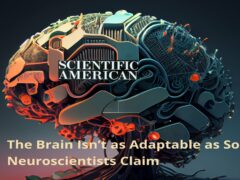
The Brain Isn’t as Adaptable as Some Neuroscientists Claim. The idea of treating neurological disorders by marshaling vast unused neural reserves is more wishful thinking than reality.
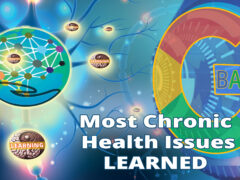
A transcript of a dialogue with Google’s Bard AI about the relationship between health and learning. OLSN is italicized in bold black. BARD is blue. OLSN Bolds Key Points in Bard’s responses. Bard’s elaborations have been truncated to keep OLSN’s questions in mind. To read Bard’s full response click on (…) What percentage of the […]
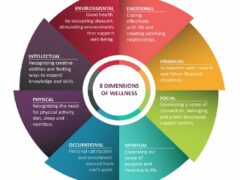
Look at the descriptions of each dimension. Each one depends on our learning. There may be aspects of each that are outside our agency, but within our agency, each one not only depends on our learning it is determined by our learning. This is what we need to learn. We are who we learn to […]
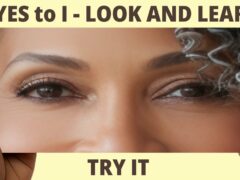
Hold up a mirror and look carefully at your eyes.
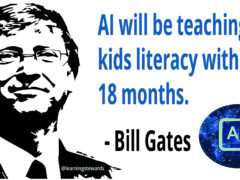
The title is taken from Gates’ comments at the Stage X at the 2023 ASU+GSV Summit. What instructional models will the AI literacy tutors of the future be using? Will they assume phonics, structured word inquiry, or one of the other bottoms-up decoding-based word recognition models? Will they use personalized decodable texts and top down […]
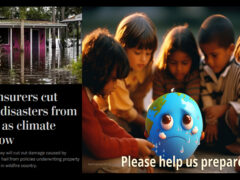
Even if you deny the warnings of climate science, there’s no denying the effects of climate change. Extreme weather has now become so commonplace that insurance companies will no longer cover weather related natural disasters. Think about that. It won’t be long before life, health, property, and even auto insurance premiums will all be more […]

Dr. Andrew Johnson is a Reading Specialist and a Distinguished Faculty Scholar and Professor of Literacy at Minnesota State University. I, David Boulton, am a Learning Activist with Learning Stewards. Dr. Johnson and I have very different views about reading and the process of learning to read. We agreed to learn together and respectfully challenge […]
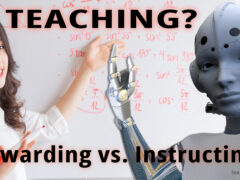
First-Person Learning is the Method and the Goal. This clip is an excerpt from my 4th conversation with Dr. Andrew Johnson. https://youtu.be/407L0nJ9HFM?t=240 See also: Redefining Learning Learning Character Learning to Choose Learning to be Human Stewarding Learning: Teachers Stewarding Learning: Families Lifetime Learning Unhealthy Learning Learning Together I AM Learning Links to people […]
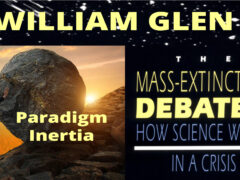
There are many reasons paradigms are hard to change, some of them are scientific, but the most powerful reasons are personal, emotional, and thoroughly unscientific.
